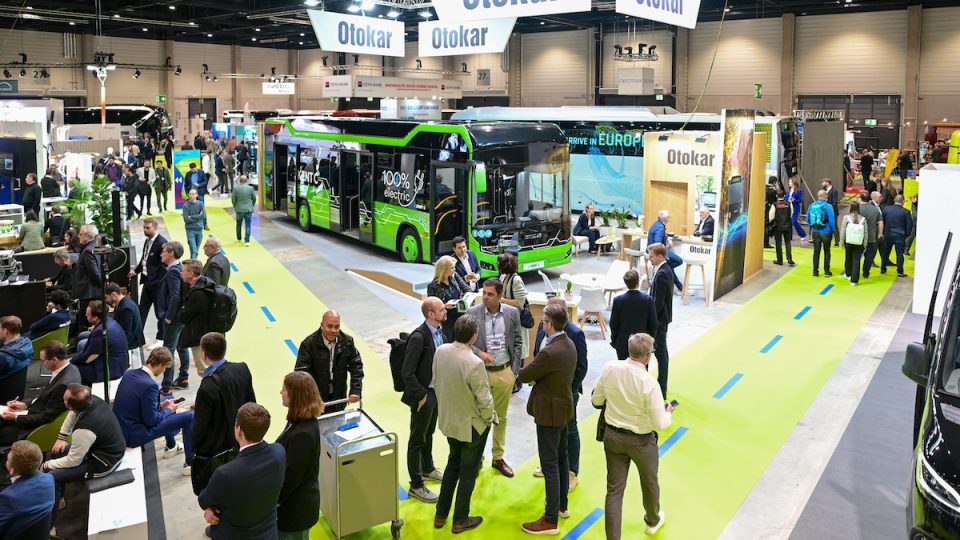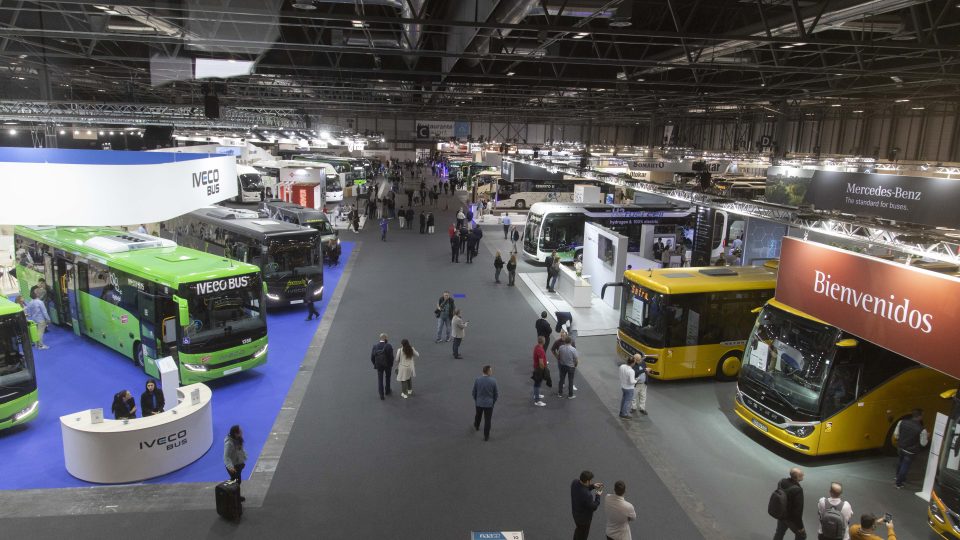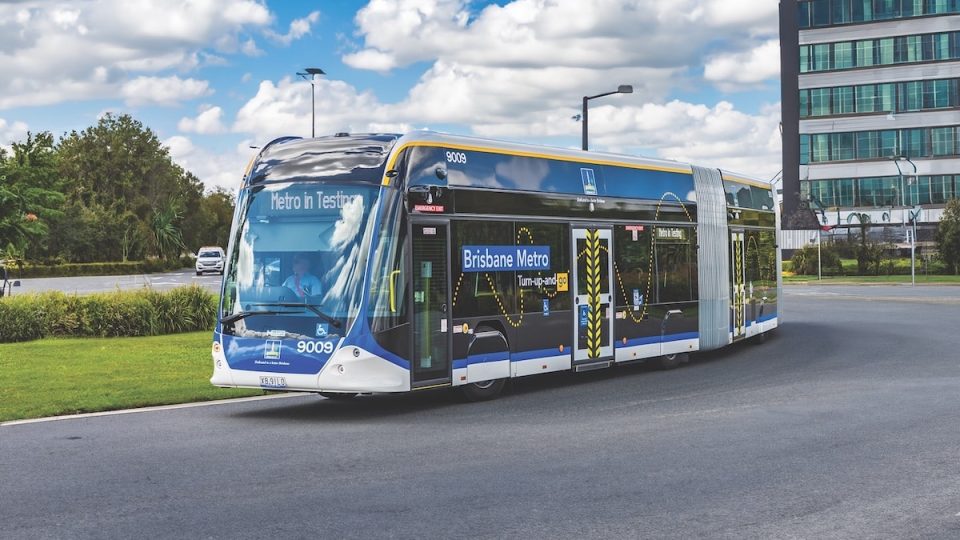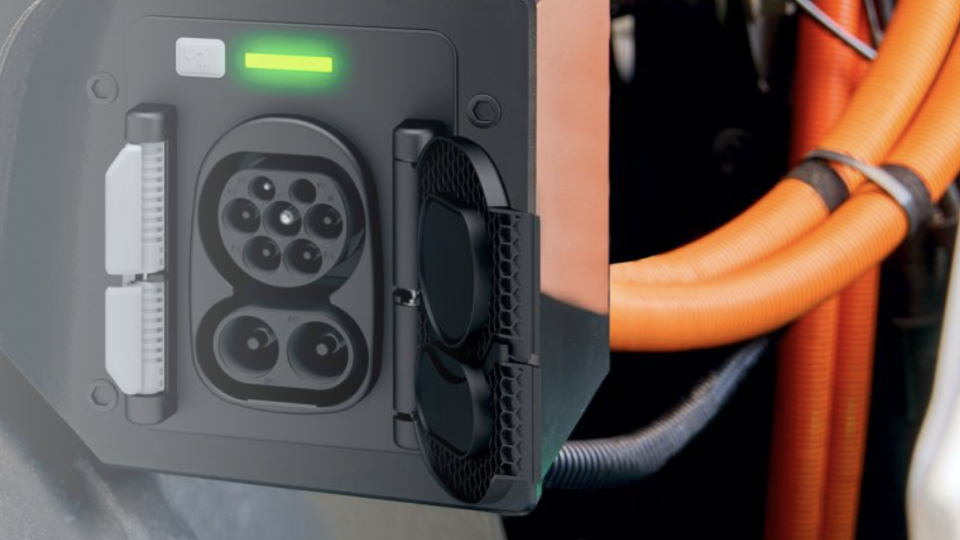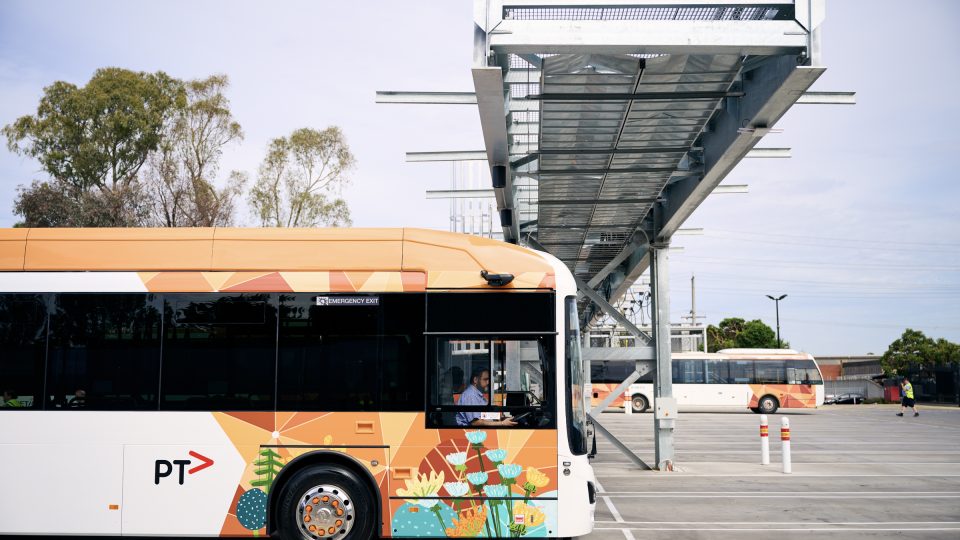Zenobē ramps up European expansion with €325M for electric buses and trucks
Zenobē announces the financial close of “a €325 million debt facility from a syndicate of local and global banks to fund the expansion of its electric fleets-as-a-service offering in Europe“. This new financing ability, combined with Zenobē’s own capital, is said to be able to support up to 1,000 more electric buses, electric trucks and […]
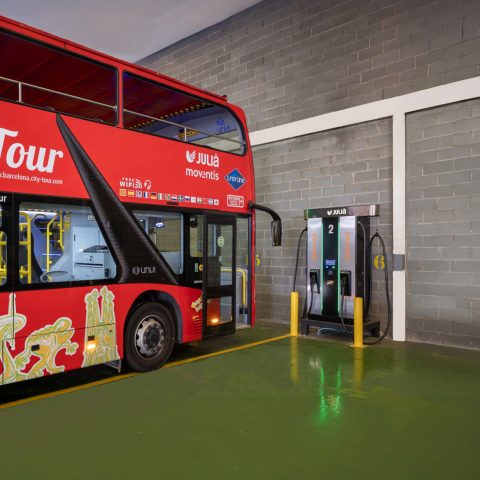
Zenobē announces the financial close of “a €325 million debt facility from a syndicate of local and global banks to fund the expansion of its electric fleets-as-a-service offering in Europe“.
This new financing ability, combined with Zenobē’s own capital, is said to be able to support up to 1,000 more electric buses, electric trucks and chargers across the EU/EEA.
A specialist in fleet electrification and grid-scale battery storage solutions, Zenobē already supports over 3,400 electric fleet vehicles across 120 depots globally.
In mid 2024, the company had secured a further £410 million (482m euros) in financing to speed up its support for the roll-out of electric buses across the UK.
Zenobe raises funding to support electric buses in Europe
Zenobē now has teams on the ground offering electrification services in Germany, Spain, Belgium, the Netherlands and Sweden. The financing facility will provide multi-currency (EUR, DKK, NOK and SEK) support across these, and other EU/EEA jurisdictions, to support electric buses or trucks and related charging infrastructure.
Steven Meersman, Founder Director at Zenobē, said: “We not only offer financial backing but also provide the expert guidance necessary to empower fleet operators to switch to electric. This new facility will help us to make the cleaner option even more financially competitive – reducing any perceived green premiums and in some cases even achieving green discounts. By reducing the total cost of ownership for electric fleets through bespoke financing, optimisation software, energy management and more, we are committed to enhancing the economic viability and accessibility of electric transport across Europe.”

